So many times we have heard that ill-behaved and bad kids are a result of bad parenting. Even though in some cases, it’s not always the fault of the parents, in other cases it is. And the interesting thing is, that the signs of bad parenting are almost always visible, no matter how much it is denied.
Actions always speak louder than words, and a child’s attitude and behavior are a reflection of how they are raised by their parents, or more specifically what they learn from their parents.
So, now the million-dollar question is what is bad parenting, and what are the signs of bad parenting? Read on to know more!
Related: Negative Effects Of Tough Love Parenting
10 Signs of Bad Parenting
1. Your child keeps on disturbing you.
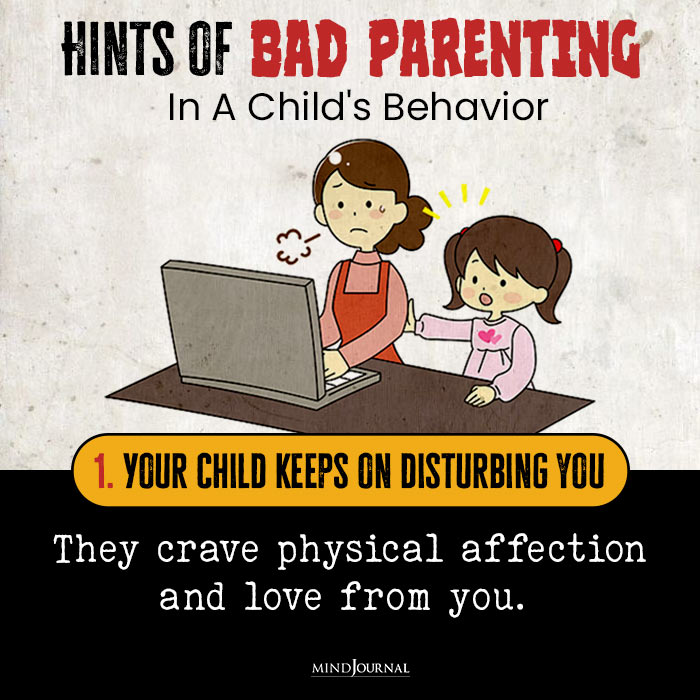
If your child constantly follows you around and bothers you, then it’s a concerning sign, and one of the major signs of bad parenting. Your child is constantly disturbing you because they are not getting the physical and emotional affection they should from you.
Maybe you are not physically affectionate enough, or you are emotionally distant from them, whatever may be the reason, your child just wants some love and tenderness from you.
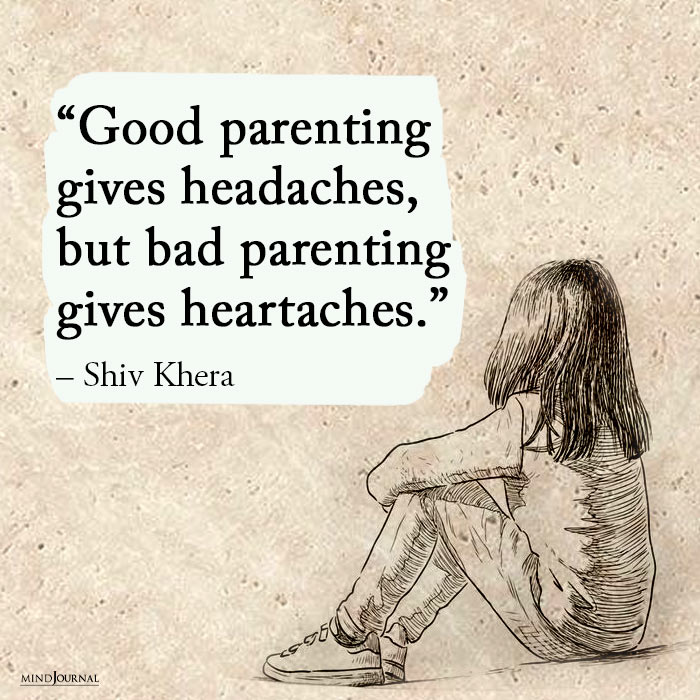
2. Your child lies a lot.
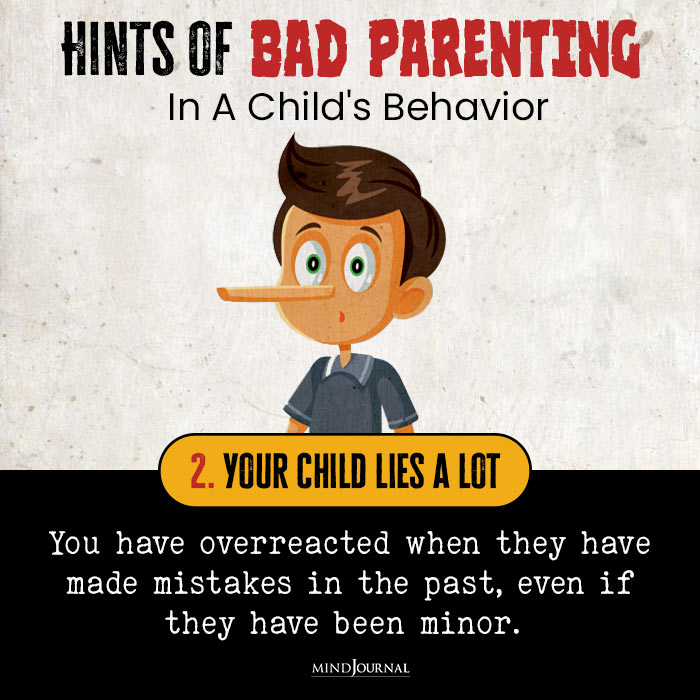
If your kid lies a lot and makes up stories, then chances are they do this because you have overreacted when they have made mistakes in the past. Even if they have made minor mistakes, you might have scolded and disciplined them too much.
Because of this, they have resorted to lying so that they can avoid your reactions. Trying to discipline your kids is okay, but excessive discipline can lead to precisely this problem. Your child needs to trust you, and vice versa.
3. Your child suffers from low self-esteem and self-worth.
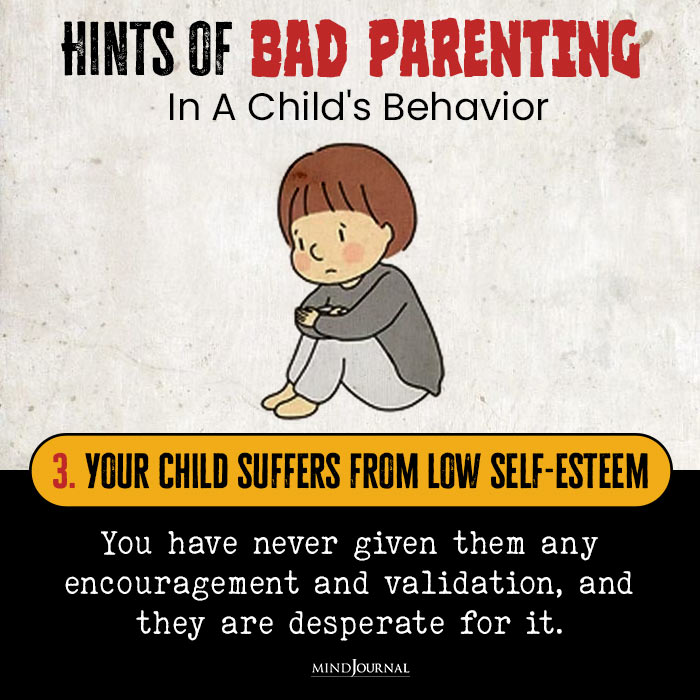
When your child displays signs of low self-worth and self-esteem, then maybe they are just looking for some encouragement and validation from their parents.
Wanting your child to be hardworking and humble is a good thing, but so is motivating and encouraging them. As their parent, it’s your responsibility to help them believe in themselves, and not the other way round.
Related: 10 Simple Steps to Stop Toxic Parenting
4. Your child can never stand up for themselves.
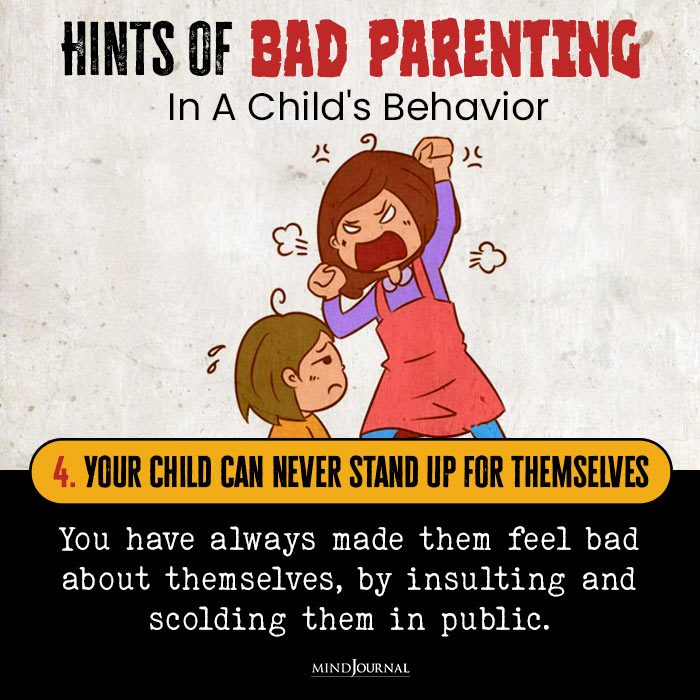
A child finds it intimidating to fight for themselves, even if they are in a very bad situation because of their parents disciplining and humiliating them in public. And that too constantly.
When you school your child in front of their friends, siblings, and other people, you are disrespecting them. Just because they are kids, that doesn’t mean they are not deserving of respect. When you do this, you’re giving off the message that they are weak, incapable, and deserve to be embarrassed.
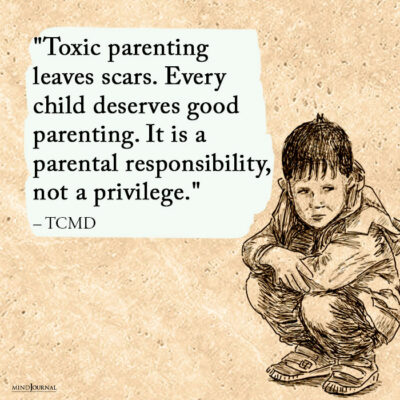
5. Your child has a habit of stealing or taking things that don’t belong to them.
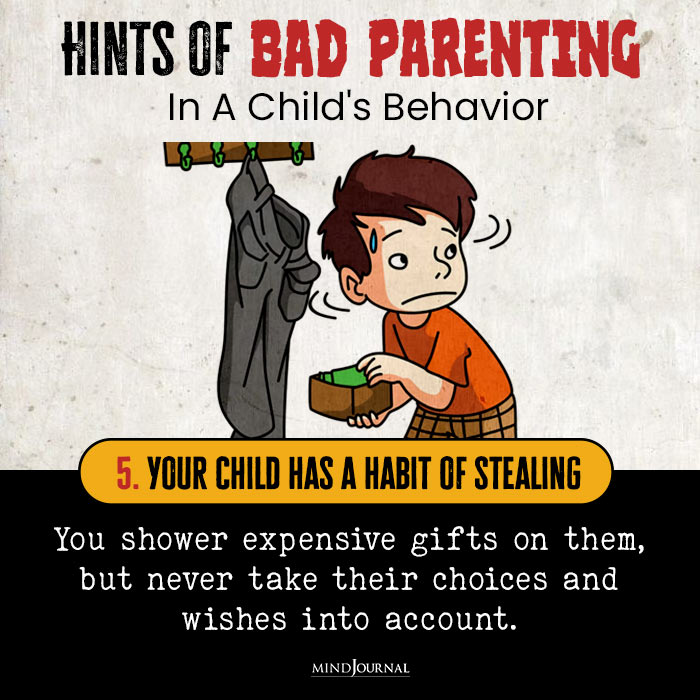
One of the biggest signs of bad parenting skills is that you buy your child everything, but most of the time you never let them choose. You shower expensive gifts on them, but don’t care about whether they want them or not.
This leads to them taking or stealing things they want from others, without thinking about the consequences. Listen to your children, and ask them what they want and what will make them happy. This will help both you and them in the long run.
6. Your child lacks confidence and courage.
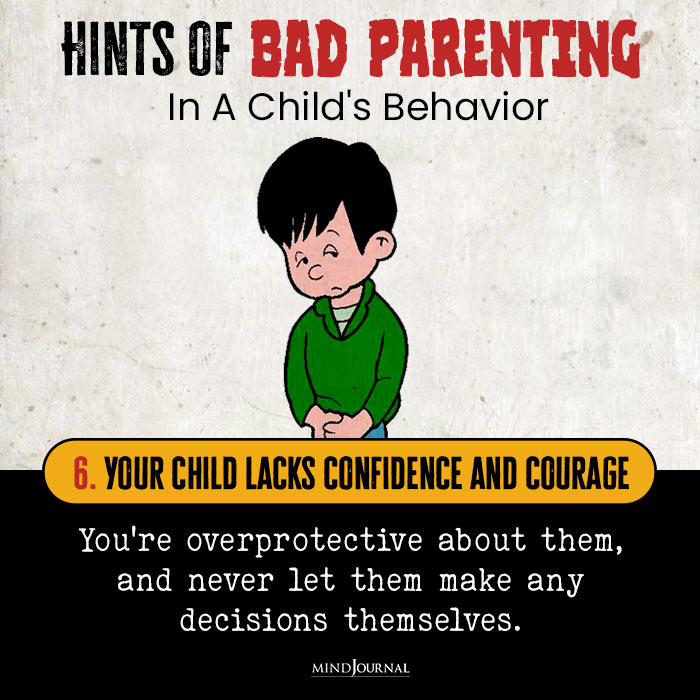
When you see your child always taking a step back and hiding from everybody and even themselves, it may be because they lack courage and self-belief. And the reason for this can be traced back to you being too overprotective about them, and never letting them figure out some stuff by themselves.
Refrain from removing every obstacle from their path, and let life teach them what they need to learn. Let them experience life in its full glory; sometimes this is the best thing you can do for them as a parent.
Related: Helicopter Parenting: How Keeping Children From Failing Can Promote Failure
7. Your child feels jealous of others.
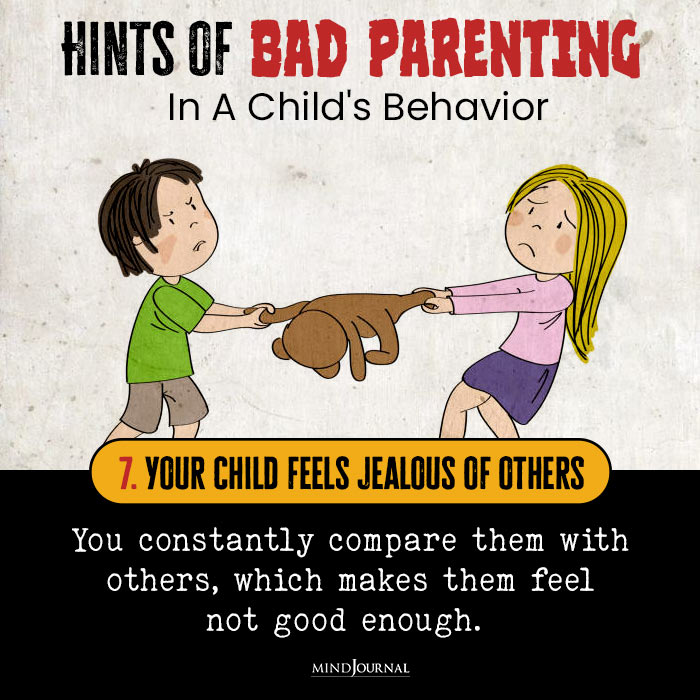
If you notice your child feeling jealous of all their friends and people close to them, it’s because you put them down by comparing them to others constantly. This makes them feel that they will never be good enough for you.
And because they are still young, they have difficulty regulating their emotions, and this gets expressed as jealousy, envy, and hostility.
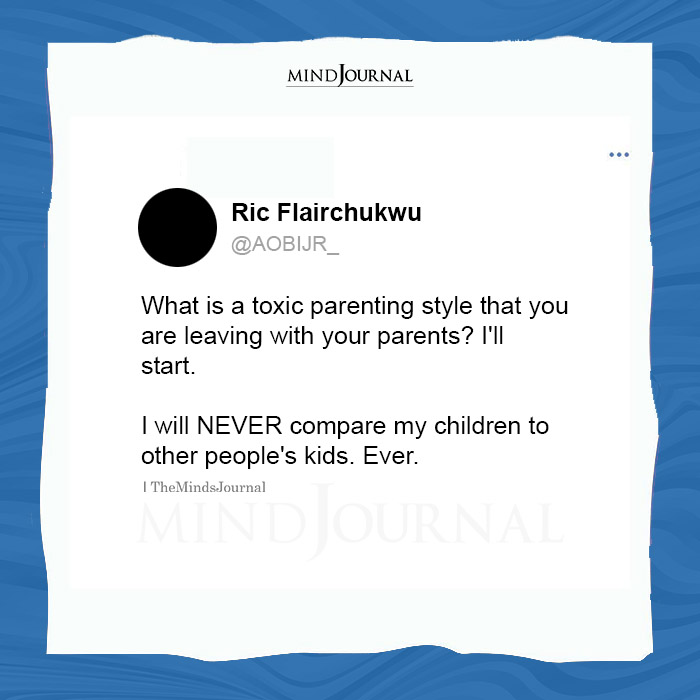
8. Your child gets angry very quickly.
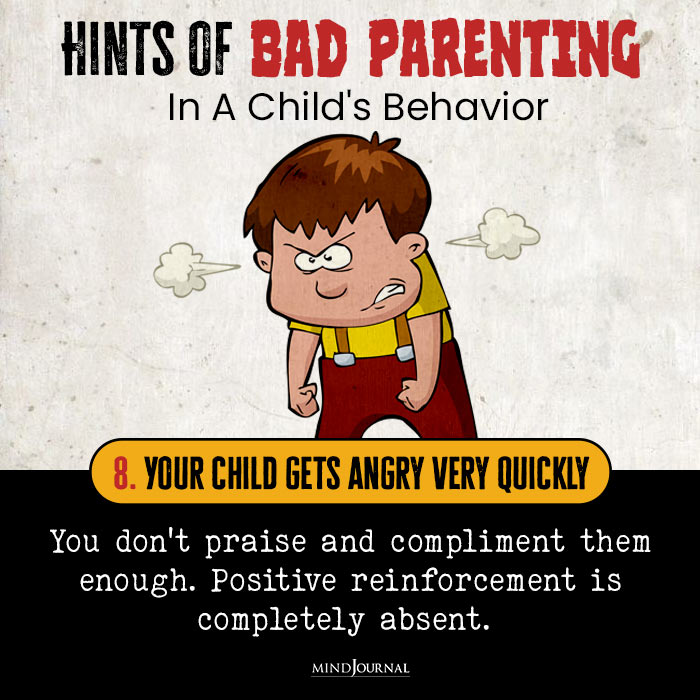
If your kid tends to get angry very quickly, and clearly suffers from anger issues then it might be because you never praise or compliment them enough.
Every child wants to be praised by their parents, and when they never get it, it makes them feel devastated and leads to them feeling angry and bitter all the time. Provide some positive reinforcement to them, and see how things change for the better.
9. Your child doesn’t respect others.
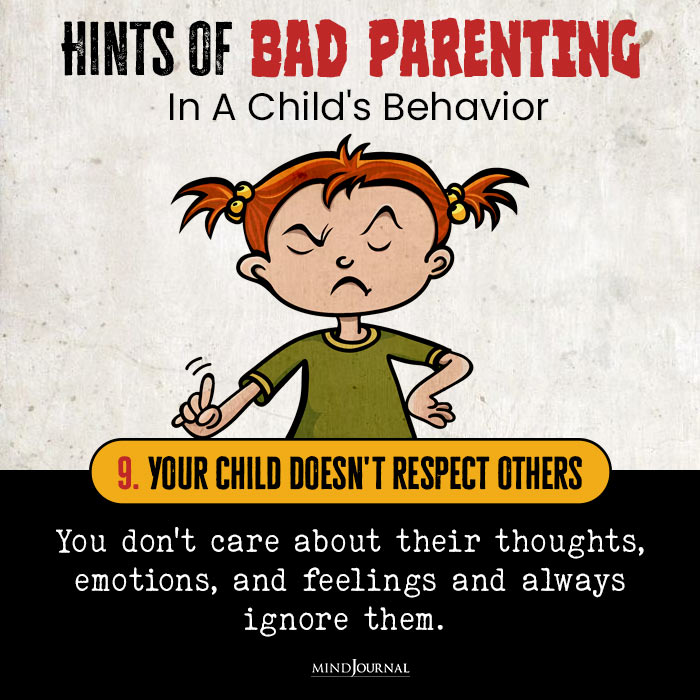
Another one of the major signs of bad parenting is disrespectful kids. Disrespectful children are disrespectful because of how their parents treat them and raise them. And the same goes for you and your kid too. If your kid doesn’t respect others, it may be because you don’t care about them or even respect their feelings.
You never consider their thoughts, feelings, and emotions to be important, and this causes a lot of pain and hurt to their tender hearts. In order to deal with their pain, they do the same to others.
Related: 6 Common Ways Parents Confuse Kids By Their Hypocritical Behavior
10. Your child is very rude and arrogant.
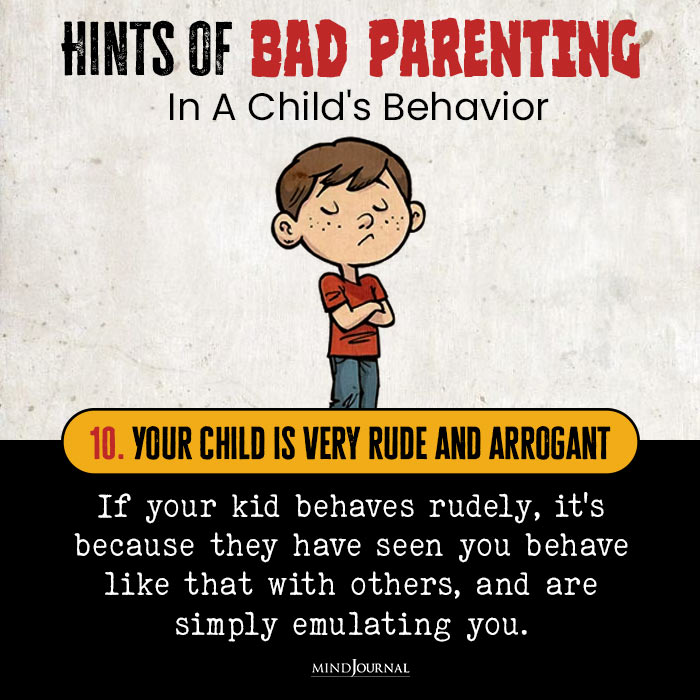
If your kid behaves rudely, it’s because they have seen you behave like that with others, and are simply emulating you. While growing up, children look towards their parents for guidance and adopt many behaviors from them.
So if they see you behaving badly with other people, they will naturally think that that’s the right thing to do, and the right way to behave.
Which of these signs of bad parenting do you think you are guilty of? Let us know your thoughts in the comments down below!
Want to know more about the signs of bad parenting? Check this video out below!
Frequently Asked Questions (FAQs)
Why do parents always think they have the right to do whatever they want just because they are your parents?
Parents believe that because they are adults and their children are younger, they have the right to do or say anything they want. They do not expect children to stand up for themselves.
What would help a parent when it comes to attachment?
Children with attachment issues may not know what they are feeling or how to ask for what they need. Parents need to reinforce the idea that all feelings are okay and show them healthy ways to express it.
What are the effects of bad parenting on children?
Children who don’t experience good parenting are at more for issues in their future relationships, depression or anxiety, unresolved aggression and other other negative outcomes.
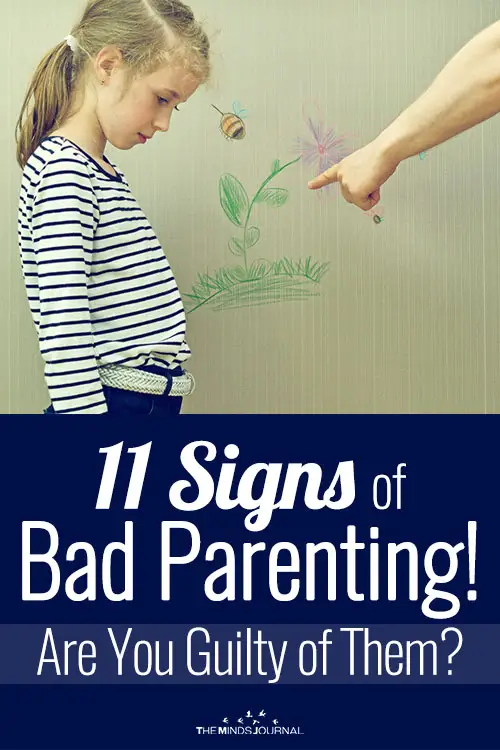
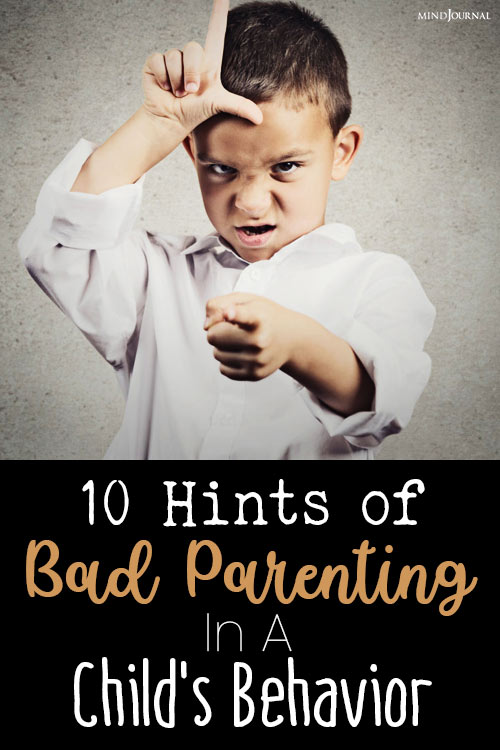
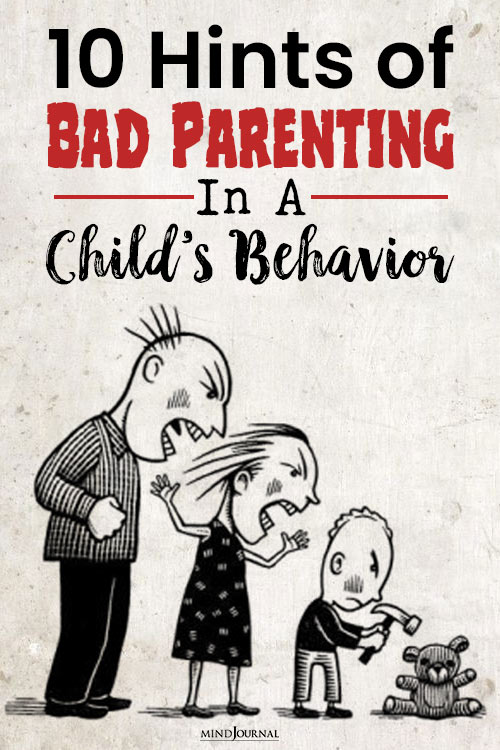
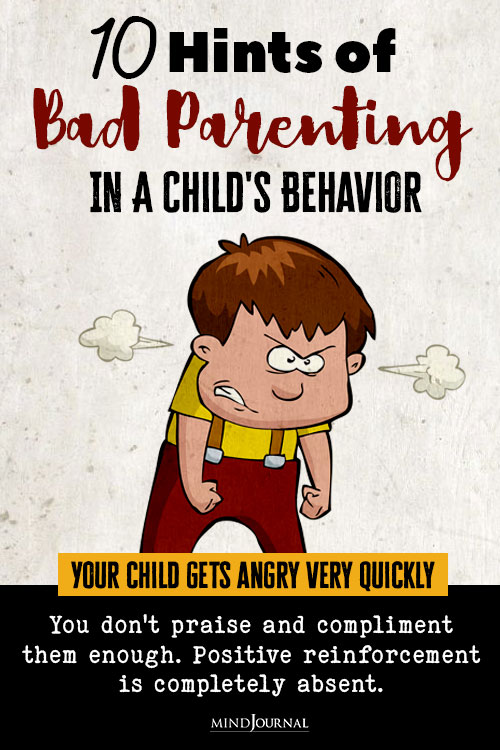
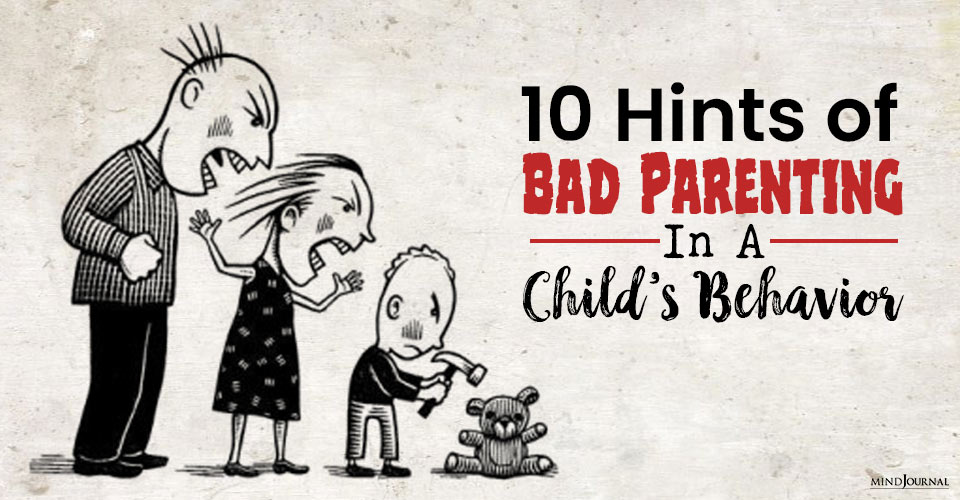







Leave a Reply
You must be logged in to post a comment.